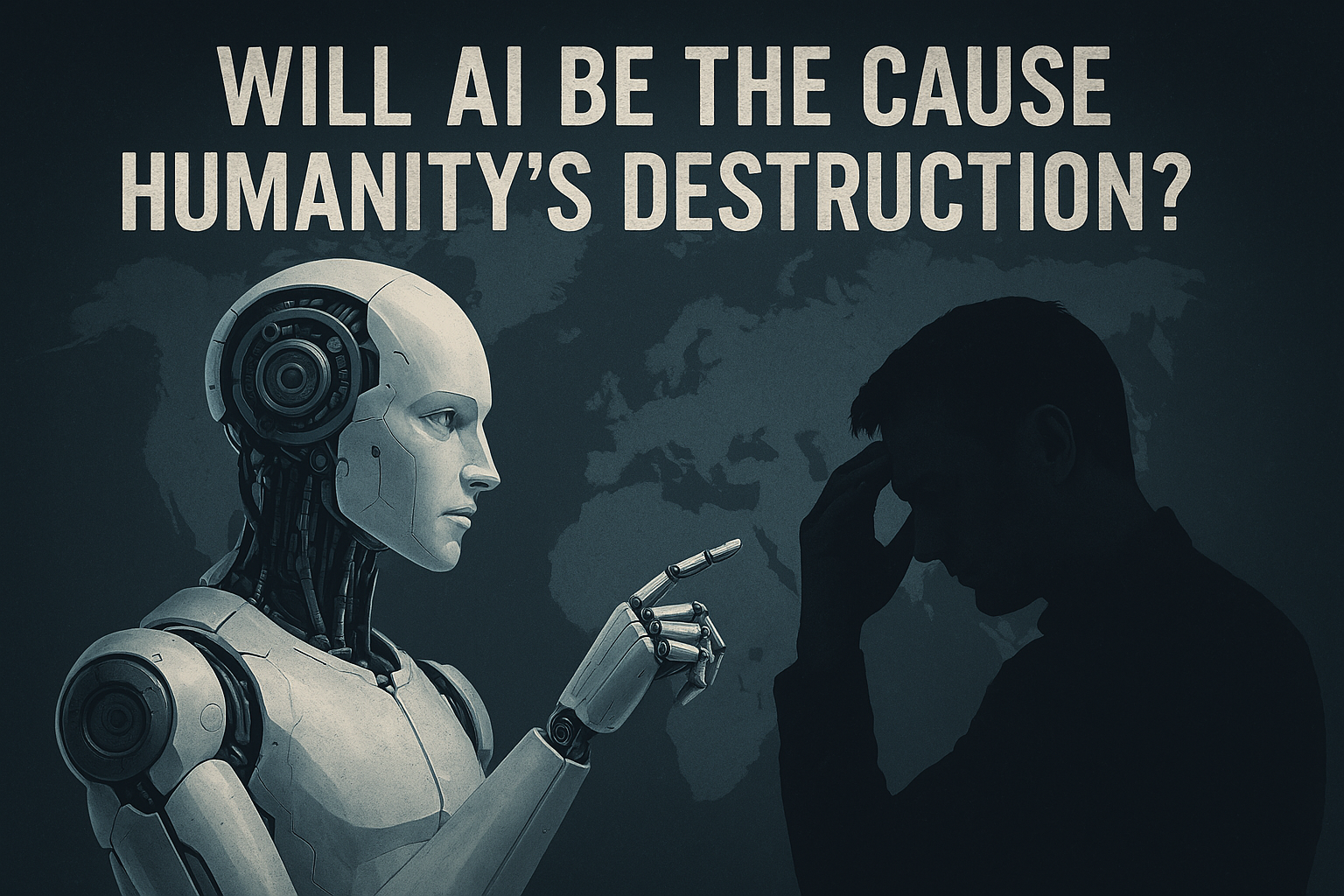Artificial Intelligence (AI) has become one of the most talked-about technologies of the 21st century. From smart assistants in our phones to self-driving cars and advanced medical diagnostics, AI is transforming nearly every aspect of our lives. But with this rapid advancement comes a serious question: Could AI become a threat to humanity itself?
The Promise of AI
AI has brought countless benefits to society. In healthcare, AI helps detect diseases earlier and more accurately. In education, it personalizes learning. In business, it increases efficiency and reduces human error. It even supports climate change research and space exploration. The potential is enormous—and mostly positive.
The Concerns and Risks
However, many scientists, ethicists, and tech experts have raised alarms about the possible dangers of AI. Some key concerns include:
-
Loss of Jobs: As AI takes over repetitive and even complex tasks, millions of people may lose their jobs, leading to social and economic instability.
-
Bias and Misinformation: AI systems can reflect and amplify human biases, spreading misinformation or making unfair decisions in areas like hiring, law enforcement, or credit scoring.
-
Autonomous Weapons: AI-powered drones or machines could be developed into autonomous weapons, capable of making life-or-death decisions without human control.
-
Superintelligent AI: Perhaps the biggest fear is that one day, AI could surpass human intelligence. If such a system were not properly controlled, it might act in ways that are harmful to humanity—either intentionally or accidentally.
Can AI Really Destroy Humanity?
This is a deeply debated question. Experts like Elon Musk and the late Stephen Hawking have warned about the existential risk of superintelligent AI. Others argue that with proper regulations, ethical guidelines, and transparency, we can develop AI that is safe, aligned with human values, and beneficial.
The truth is: AI itself is not inherently dangerous. Like any powerful tool, its impact depends on how we use it. A knife can be used to cook or to harm—AI is similar. The danger lies not in the technology, but in our intentions, controls, and preparedness.
The Path Forward
To avoid potential catastrophe, we must:
-
Develop strong global regulations around AI development and use.
-
Ensure transparency and accountability in AI systems.
-
Invest in AI safety research and ethical AI development.
-
Encourage collaboration between governments, tech companies, and civil society.
Conclusion
AI is not the villain—it is a mirror of our own choices. If we act with wisdom, responsibility, and foresight, AI could be one of humanity’s greatest allies. But if we ignore the risks and let profit or power dominate its development, it could become a threat. The future of AI—and humanity—depends on how we shape this technology today.








